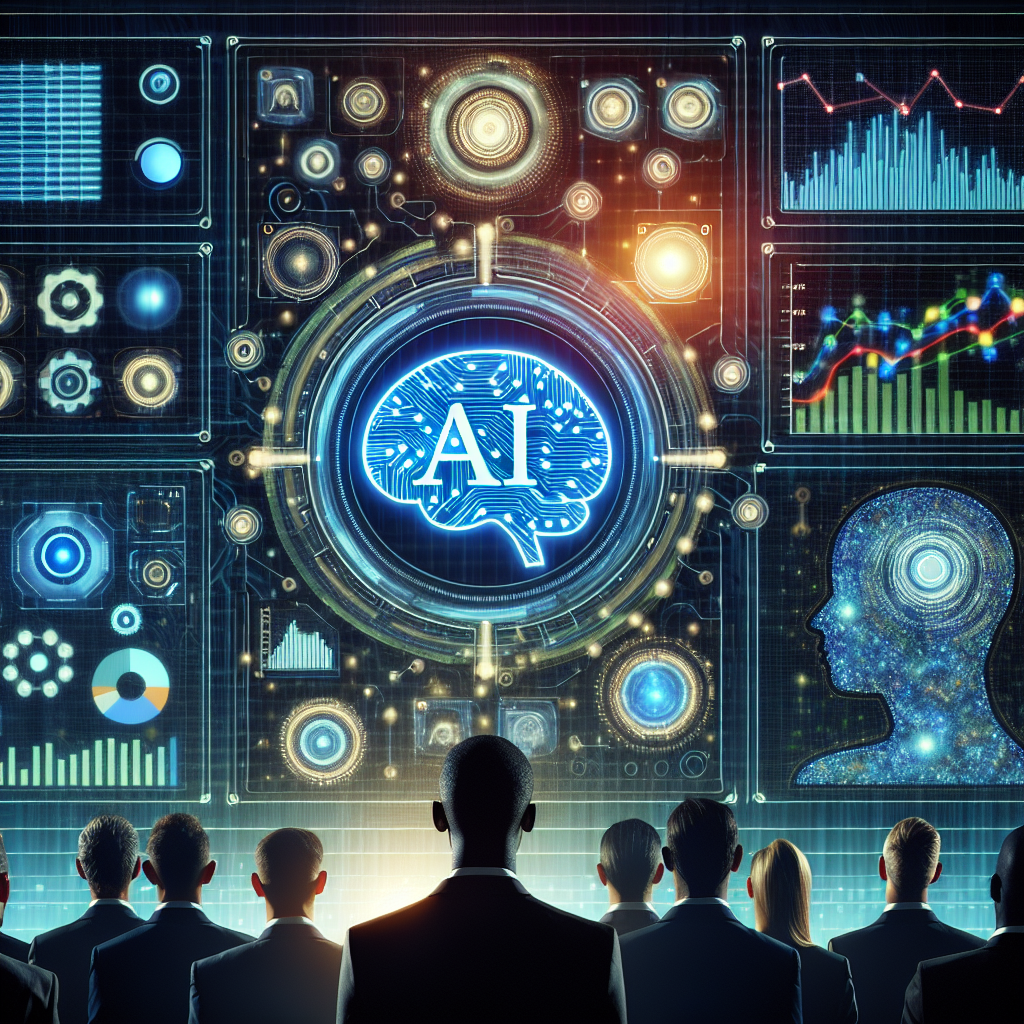
Introduction
Artificial Intelligence (AI) has become a game-changer in various domains, and sports analytics is no exception. With its ability to process vast amounts of data swiftly and accurately, AI is revolutionizing the way we understand and engage with sports. From enhancing athlete performance to refining gameplay strategies, AI’s impact on sports analytics is profound and far-reaching.
AI in Performance Analysis
Data Collection and Processing
One of the primary advantages of AI in sports analytics is its superior data collection and processing capabilities. Traditional methods often involved manual data entry, which was time-consuming and prone to errors. AI, on the other hand, leverages advanced algorithms to gather and process data in real time. This shift not only accelerates the analysis process but also significantly improves its accuracy.
Personalized Training Programs
AI-driven analytics enable coaches and trainers to develop personalized training programs tailored to an individual athlete’s strengths and weaknesses. By analyzing data from wearable sensors and performance metrics, AI can identify areas that require improvement and suggest specific exercises or routines. This personalized approach enhances athlete performance and reduces the risk of injuries.
AI in Game Strategy
Predictive Analytics
One of the most exciting applications of AI in sports is predictive analytics. By analyzing historical game data, AI can predict potential outcomes and game trends. Coaches can use these insights to formulate strategies that exploit the weaknesses of their opponents while bolstering their own team’s strengths. This level of strategic planning was previously unattainable with conventional data analysis techniques.
Real-time Decision Making
AI-powered tools can assist coaches in making real-time decisions during games. For instance, AI can analyze live game footage and provide recommendations on player substitutions, tactical adjustments, or optimal plays. These insights can be pivotal in turning the tide of a game, making AI an invaluable asset for coaching staff.
Fan Engagement and Experience
Enhanced Broadcasts
AI is also transforming the way fans experience sports. AI algorithms can analyze game footage to provide enhanced broadcasts with real-time statistics, replays, and in-depth analysis. This not only enriches the viewing experience but also provides fans with a deeper understanding of the game.
Interactive Platforms
Interactive platforms driven by AI are creating new avenues for fan engagement. Chatbots, for instance, can provide real-time updates, answer fan queries, and even predict game outcomes. These platforms foster a more immersive and interactive experience, keeping fans engaged and informed.
Ethical Considerations
While the benefits of AI in sports analytics are undeniable, it is crucial to address the ethical considerations associated with its use. The collection and analysis of personal data raise concerns about privacy and consent. It is essential for sports organizations to implement robust data protection policies and ensure that athletes are fully informed about how their data will be used.
Conclusion
AI’s role in sports analytics is transformative, offering unprecedented insights into performance and strategy. As technology continues to evolve, its applications in sports will likely expand, providing even more sophisticated tools for athletes, coaches, and fans alike. By embracing AI, the sports industry can unlock new levels of excellence and engagement.
Leave a Reply